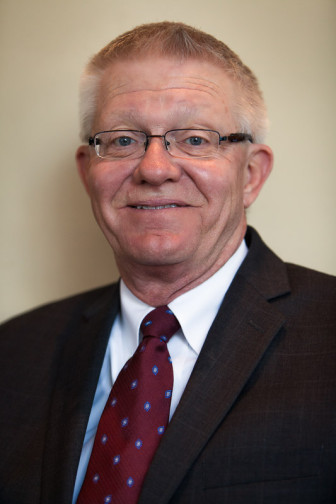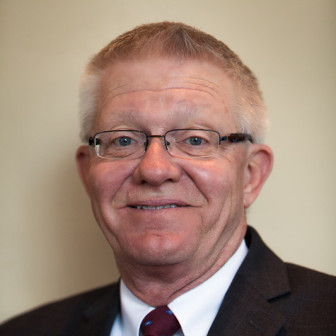 When something happens to upset our intellectual, emotional and social well-being, we have to find a way to deal with it. The cellphone video of the racist chant on a fraternity bus ride now stands stark in our collective conscience and is such an event.
When something happens to upset our intellectual, emotional and social well-being, we have to find a way to deal with it. The cellphone video of the racist chant on a fraternity bus ride now stands stark in our collective conscience and is such an event.
Those of us exposed to the science of adolescent brain development may be more equipped to understand disturbing behavior by youth and young adults. However, regardless of the person’s age, race-based hatred is unacceptable.
My first reaction to the video was a mixture of rage, disgust and fear. Our nation has not progressed as far as I thought. We cannot relax into the comfortable narrative of advancement for people of color even with a black president in the White House.
A college fraternity is a quintessential group or tribe into which one must be invited and tested for inclusion. The experience often involves the risk-taking of hazing, the impulsivity of accepting drunkenness and the overwhelming influence of peer pressure. The effects of what we know about the lack of ability to make considered judgments by young people comes to bear on those wishing to be accepted.
I do not mean to condemn the Greek system, but science explains the negative effects of the experience on some members in some situations. The same principles can explain the positive benefits of similar groups.
No one on that bus did not know that a patently racist chant was socially unacceptable and a statement of hate speech. The collaborative effort of singing together, being together on an outing — belonging together — supported doing something wrong: risking vocalizing racial hatred, impulsively joining in, succumbing to peer influence.
What needs to be done now? The fraternity’s national organization quickly apologized, as did the song leader in the video. Every communications consultant would have given them that advice. We now expect to see a corporate apologist for every company’s wrongdoing to read a televised, scripted speech seeking the viewers’ forgiveness.
The apologies are warranted and were accepted by the local African-American leaders. But words are not enough.
The fraternity is an institution and this is an example of how racism infects organizations — is part of the foundation of exclusive groups. The chant was reportedly learned at a national conference, and that points to the institution’s duty to confront its own tacit institutional bias.
I admire the Crossroads Anti-Racism Organizing & Training’s successful approach to racial conversations. With them, this incident could spark many frank, safe conversations in the Greek system — an institution itself and in this instance, a symbol of institutional racism for the world.
For the individual members of the chanting group, restorative justice principles apply. The apology of the leader was positive — accepting accountability is one step in the restorative process. The next step is to consider the harm done and to whom. A guided conversation is required.
The community was damaged by learning that those students individually and as a group were joyously singing of apartheid. Fellow students, academic staff and university employees had their world altered by the vulgar display of false, conceited, assumed superiority. This will take work by those on the bus and those in the university and fraternity administrations.
And for the rest of us in this human race, the symbol of blacks who refused to sit in the back of the bus as a courageous start to the end of segregation will now be accompanied by the video of racist chanting on a different bus as a symbol of the work we have to do.
Judge George W. Timberlake, Ret., is chair of the Illinois Juvenile Justice Commission, and an alternate member of Federal Advisory Committee on Juvenile Justice. He was a trial court judge for 23 years before retiring as chief judge of Illinois' 2nd Circuit. He is a member of the Illinois Models for Change Coordinating Council, the Illinois Juvenile Justice Leadership Council, the Redeploy Illinois Oversight Board and the board of the state Juvenile Justice Initiative.
